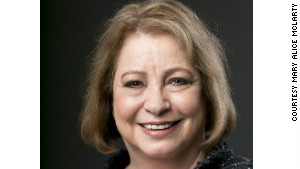Lawyer of the People Certification
The Trial Lawyers College trains lawyers who serve the needs of the people. To that end, we do not accept students who serve the needs of government or corporate entities.




Voir dire, interrogating jurors by legal counsel is foundational to a fair trial. This article unpacks the voir dire process—how it screens for bias and why it is pivotal for justice. Read on to gain insights into this essential legal procedure. We also want to encourage you to learn more about how the TLC Method can help you master voir dire!

In an ever-evolving legal landscape, staying at the forefront of legal knowledge and practice is not just an option but a necessity. This is where legal continuing education online comes into play. But what exactly does continuing legal education mean? How does it impact the professional growth of attorneys? And how can one navigate the diverse range of online CLE courses and CLE programs available today?
This comprehensive guide delves into these questions, offering a deep dive into the world of continuing legal education. It explores the significance of CLE credit, the rules governing CLE, and the benefits of unlimited access to online CLE courses. From the requirements set by the Florida Bar and the American Bar Association to the specific CLE rules in jurisdictions like West Virginia, New York, California, New Jersey, and all others, this article provides a panoramic view of the CLE landscape.
Whether you're a seasoned attorney seeking to enhance your practice or a law student curious about the path ahead, this article promises to be an engaging and informative read. So, are you ready to unlock your professional growth with legal continuing education online? Let's dive in.

Imagine stepping into the courtroom, your heart beating with anticipation yet steadied by confidence. This isn't just a fleeting daydream but a reality for attorney Mike Smith, a dedicated personal injury and workers' compensation attorney from Atlanta, Georgia. His transformative journey with the Trial Lawyers College (TLC) has reshaped his approach to law and professional identity.
It’s free. It’s daily. And it’s full of great reads, y’all.




The Trial Lawyers College trains lawyers who serve the needs of the people. To that end, we do not accept students who serve the needs of government or corporate entities.

The Trial Lawyers College Community is open to TLC Students, Faculty and Alumni. Please login or contact the registrar at registrar@triallawyerscollege.org
Please login to access this content.

The TLC Legal Archive is available to alumni, active student, and faculity.
Please login access.

Subscribe to Warrior Magazine Today, just $40 PER YEAR! Sustaining Member discounts available!